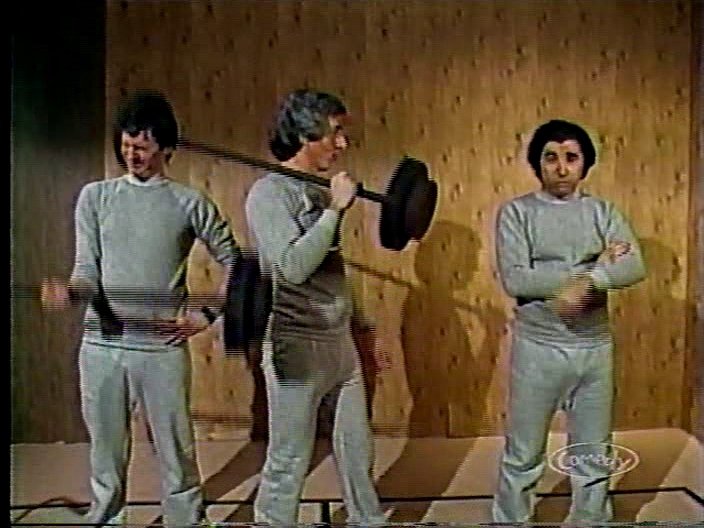
Existentialist Weightlifting
SNL Season 40: A post-mortem
After Brooks Wheelan, Noel Wells and John Milhiser were fired from Saturday Night Live last July, I wrote a particularly visceral piece blasting Lorne Michaels and company for only making cosmetic changes to the show's makeup instead of trying to fix SNL's deep-seated problems in the writing department. The 2013-2014 season was not very good; and was the first year where I was deliberately skipping episodes. Of course, my curiosity got the better of me after checking out the fan reaction on the SNL message boards (which, admittedly, are not the kindest to the cast and writers either), but there were very few shows that felt worth the time investment of watching live. Despite talk from producers that this year would reflect some lessons learned, the big issues with last year weren't resolved at all: the show's problems only seemed to entrench themselves further.
